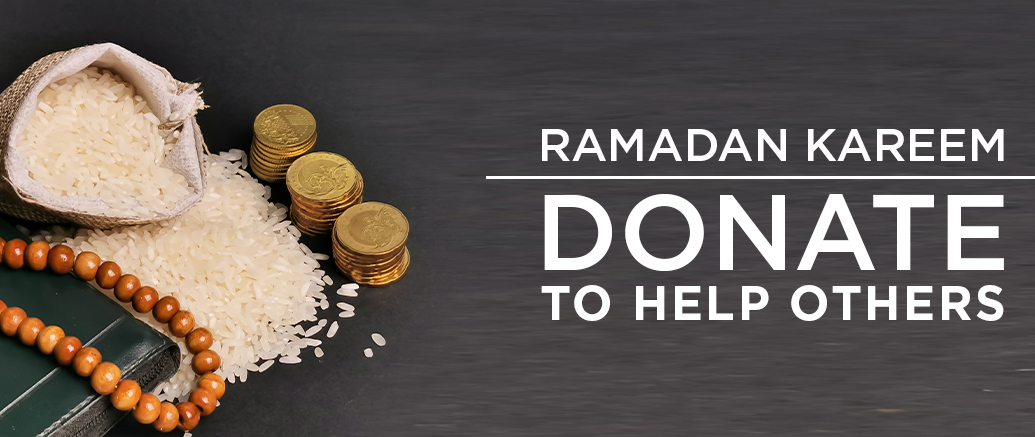The newspaper pages are being coloured with customary announcements of ‘Eid discounts’ and TV and Radio airtimes gobbled by ‘special’ prices of commodities on Eid. A step into the market and the consumer has a taste of reality. The uncontrolled and unchecked prices of commodities, essential, or luxury, leave every shopper perplexed. The prices of mutton, chicken, vegetables, fruits and grains have been a sore wound all through Ramadan. For an average income and average family member household, buying mutton for a day has become a serious financial affair. Now as the Eid approaches, even the commodities that do not depend on monsoon, rains and crops have started flaunting price tags depicting numbers double than what was a month back. It is a shame that Kashmiris resort to such deplorable practices and that too in this month, holiest of the holy. It is a norm, in many countries worldwide that discounts in the real sense of the word, are extended to shoppers around festival times. Freebies and special schemes, meant to add to the festivities of the shoppers and to build better public relations are often in the policy of many companies, shops and businesses around the globe. However, in our Valley, it is assumed that the world will end by the beginning of the festival. And therefore, shoppers as well as shopkeepers exhibit a nonsensical approach to buying and selling. The consumer lets himself to be fleeced, buys goods needed or not needed, at prices unrealistic and clearly inflated. The seller, understandably, throws rules and regulations to air, and sells goods good and not so good, to buyer at a price decided by him. And if the buyer raises an eyebrow over the pumped up price tags, he is conveniently ignored and attention shifted to another potential customer. Sometimes, he is even asked to make way for other in the beeline. The idea of having checking squads by FCS&CA for essential goods has become a customary affair without serving any real purpose. The exercise goes in vain as unscrupulous traders still manage to evade punishment. And there is no such thing as a squad for other goods like clothes, furnishing, etc. This simply implies that the customer is on his own in this busy and crowded marketplace. The question often is whether to allow profiteering or starve. Although it is the job of the administration and market check squads to check against prohibited profiteering, but businessmen and traders have their duties and social obligations too. Selling at exorbitant prices at times when demand is high which usually coincides with festival days, is a very wrong practice and illegal. In that regard it is the duty of the trade unions, administration and the concerned authorities to rise to the occasion and ensure price control during festivals like Eid.








